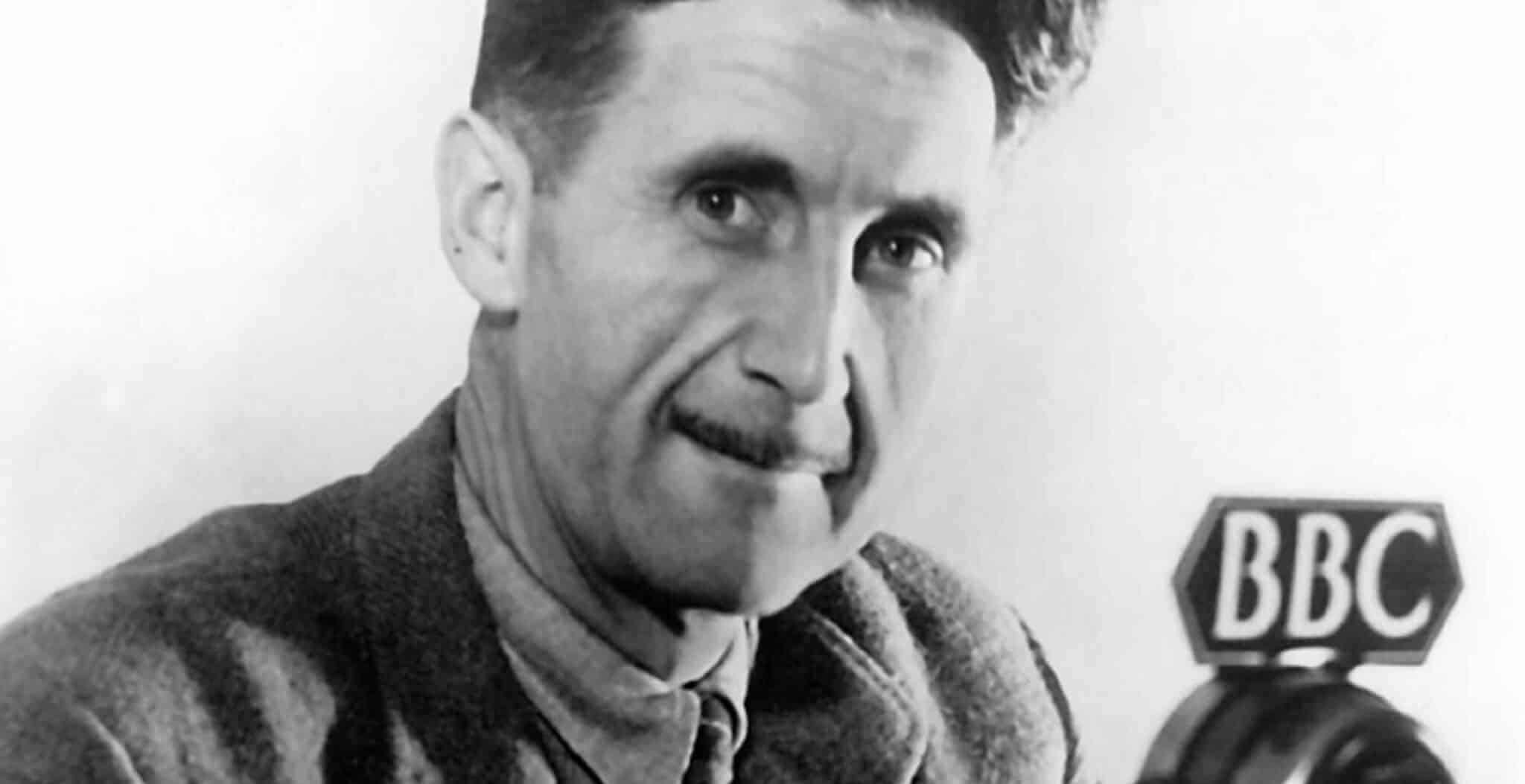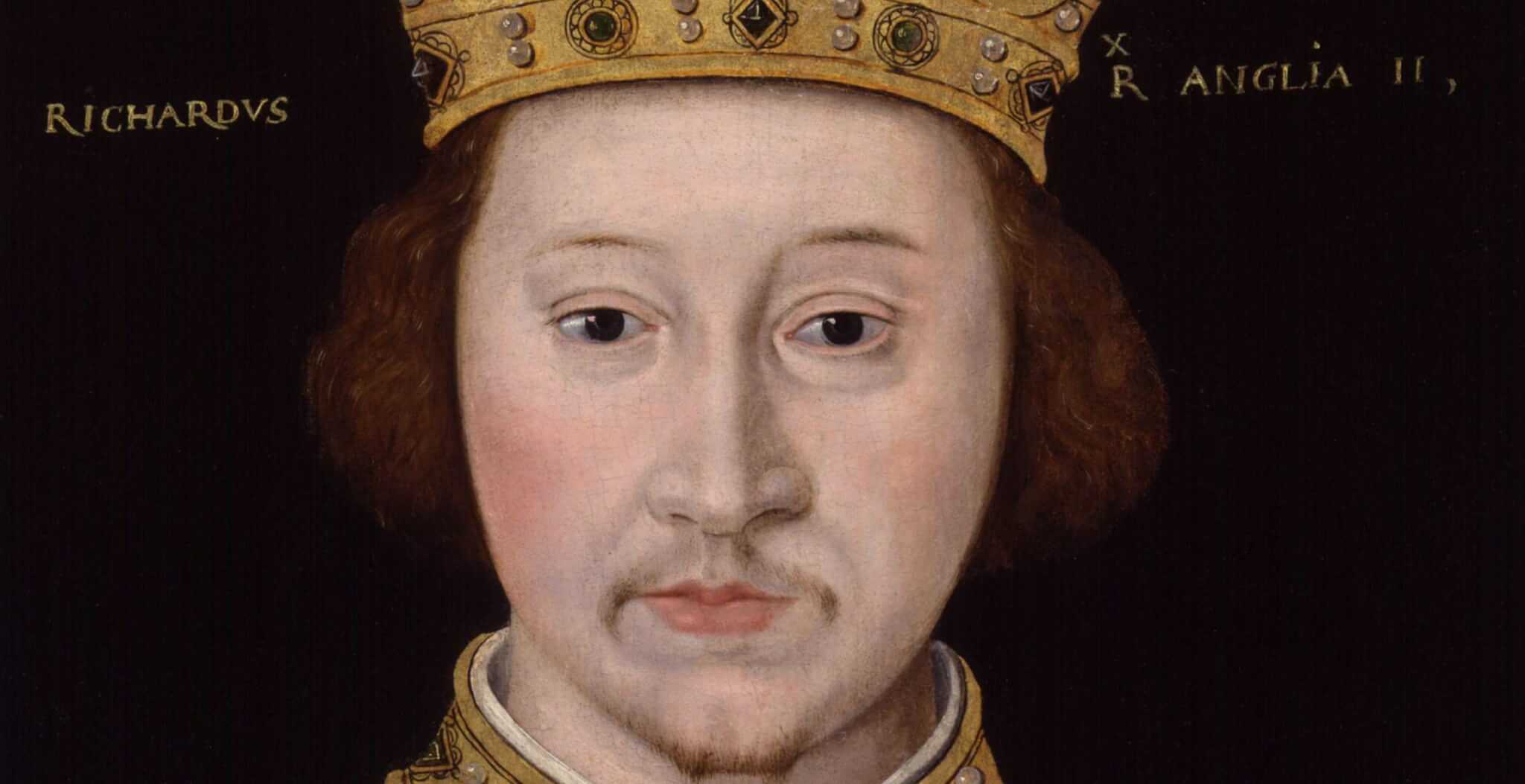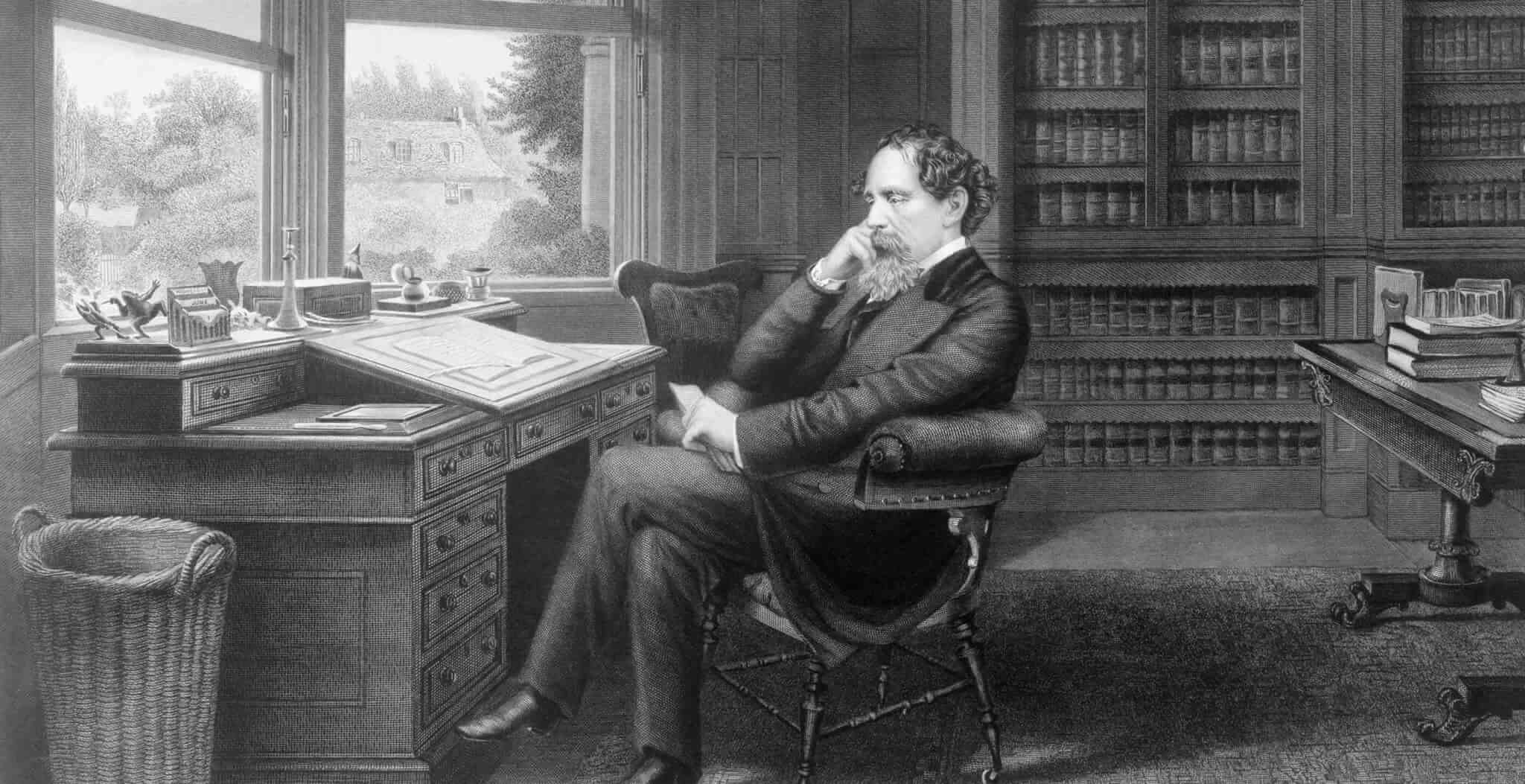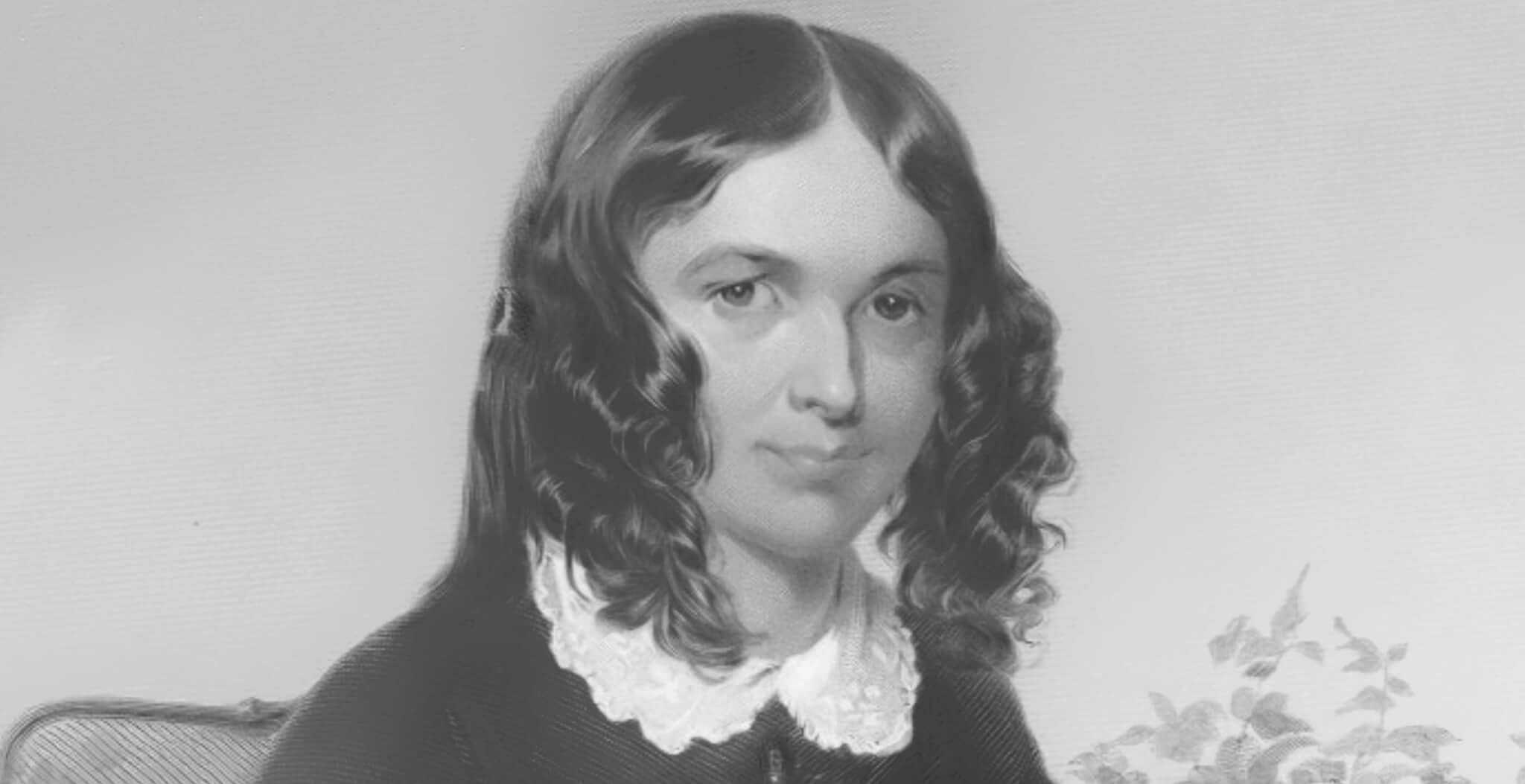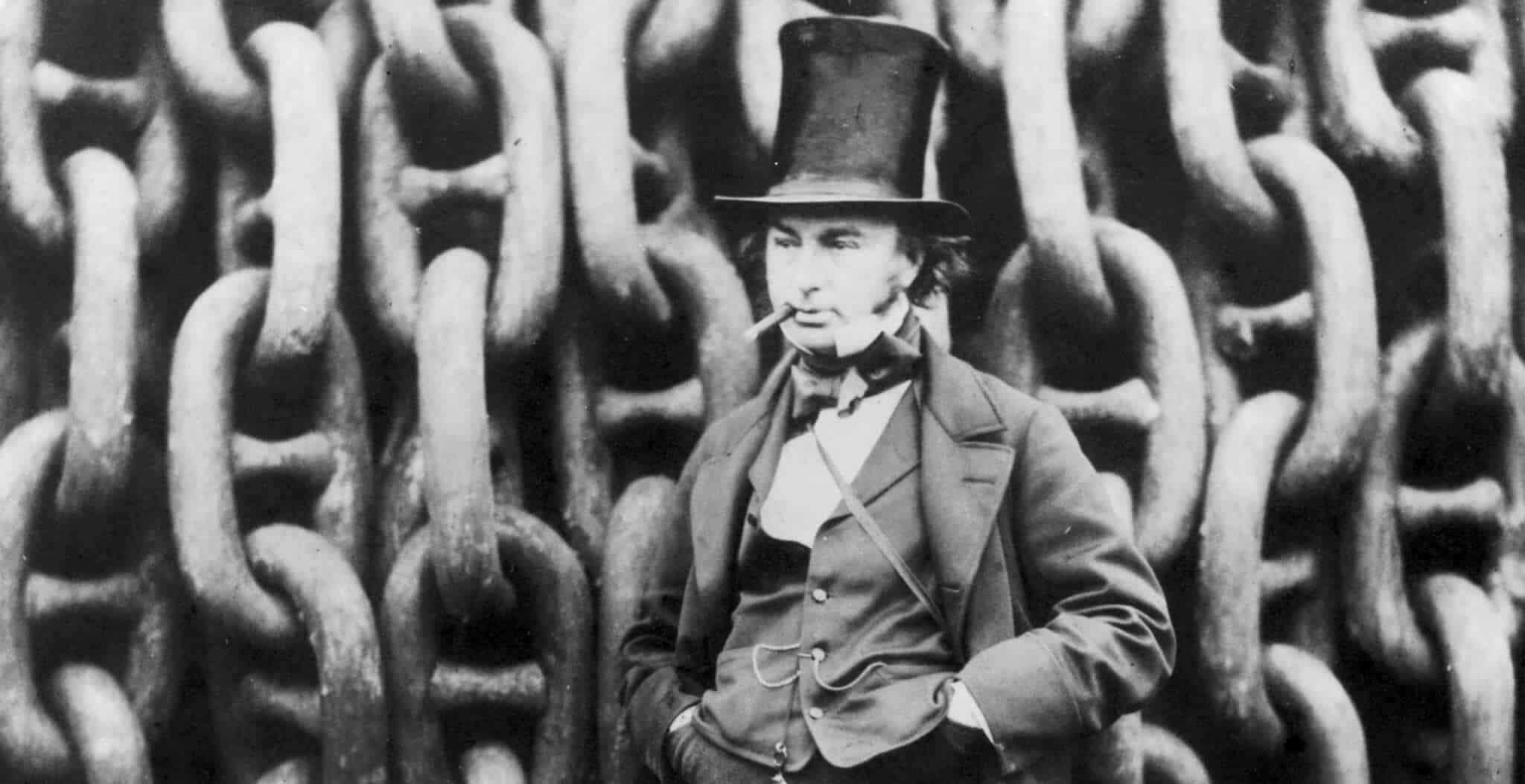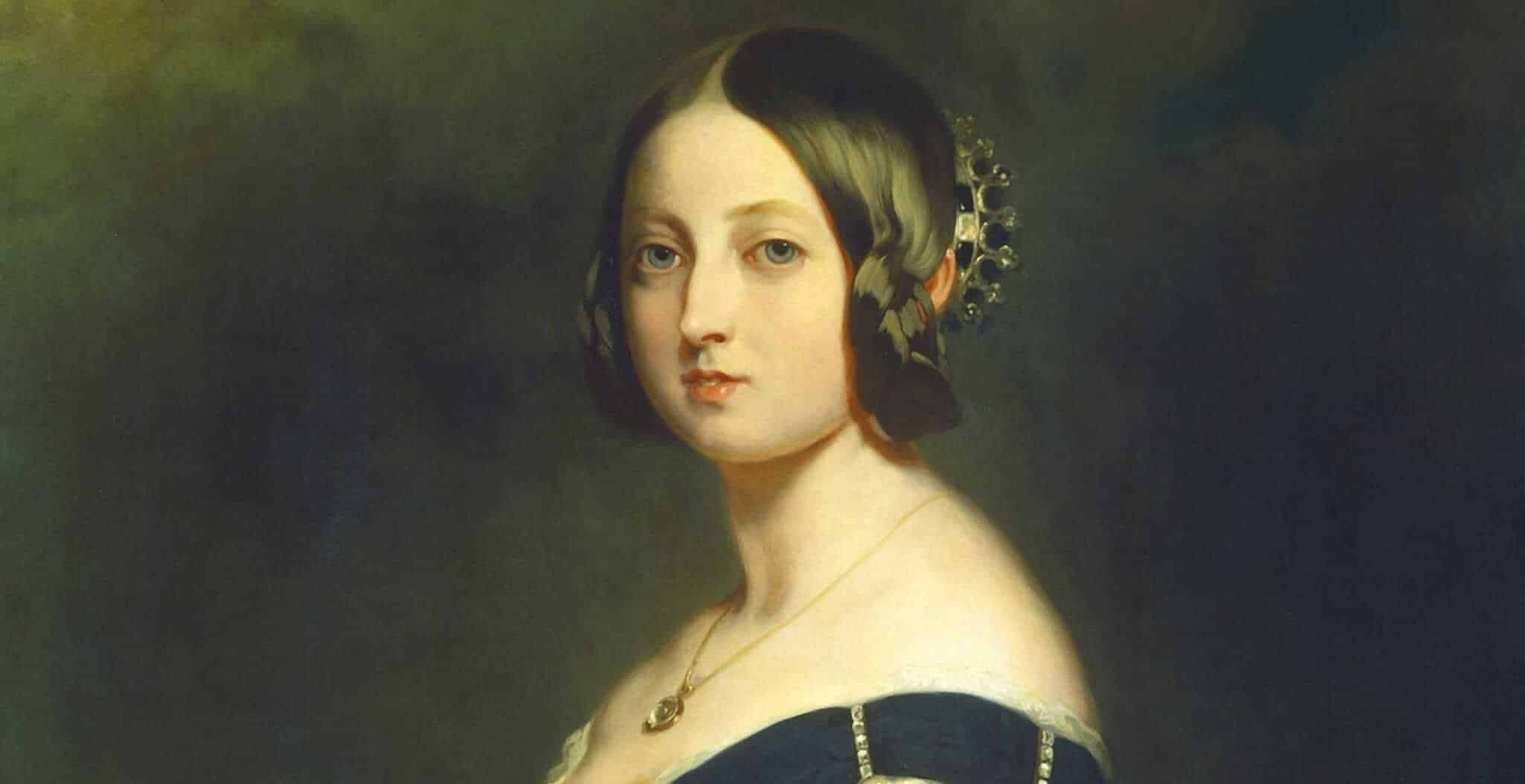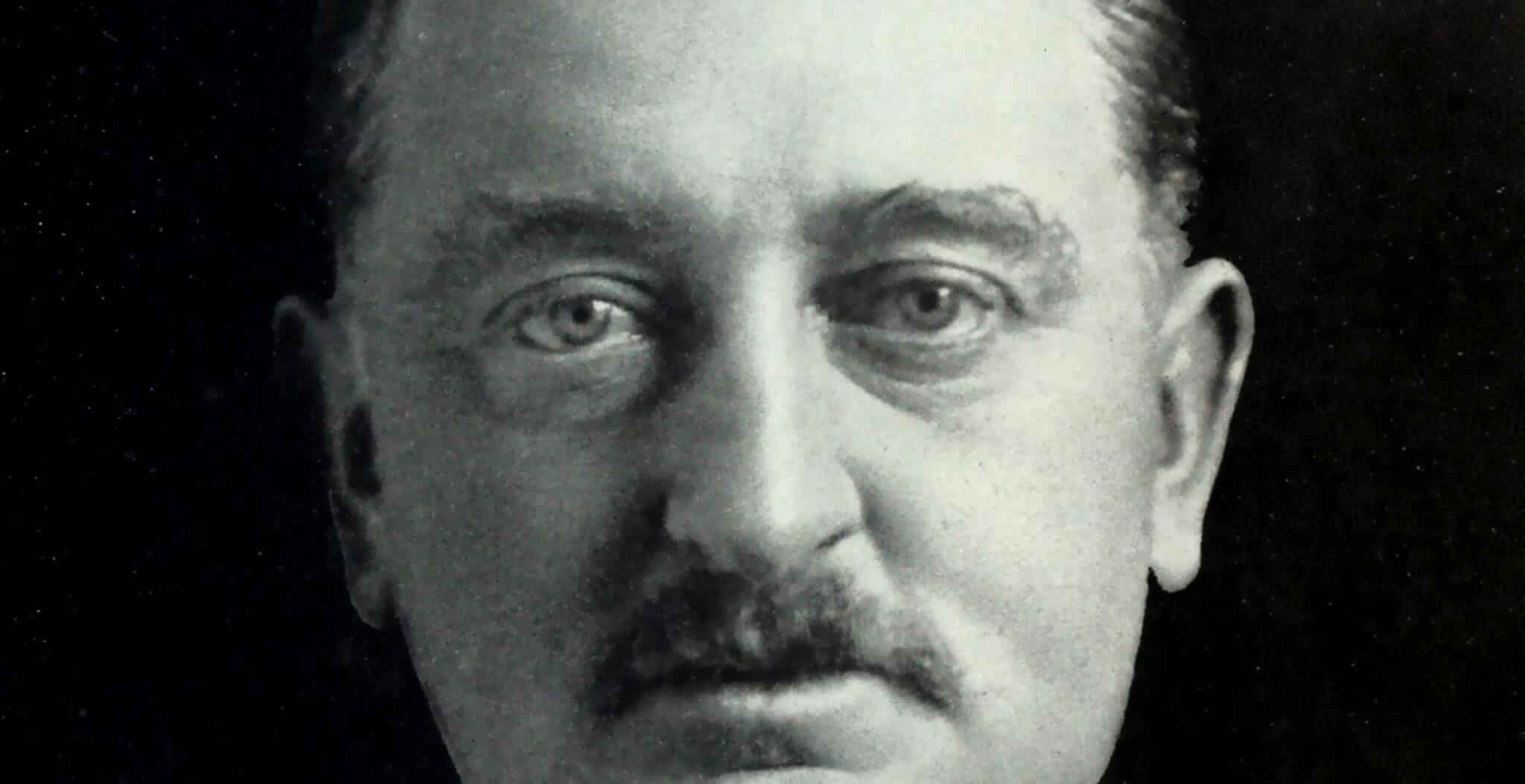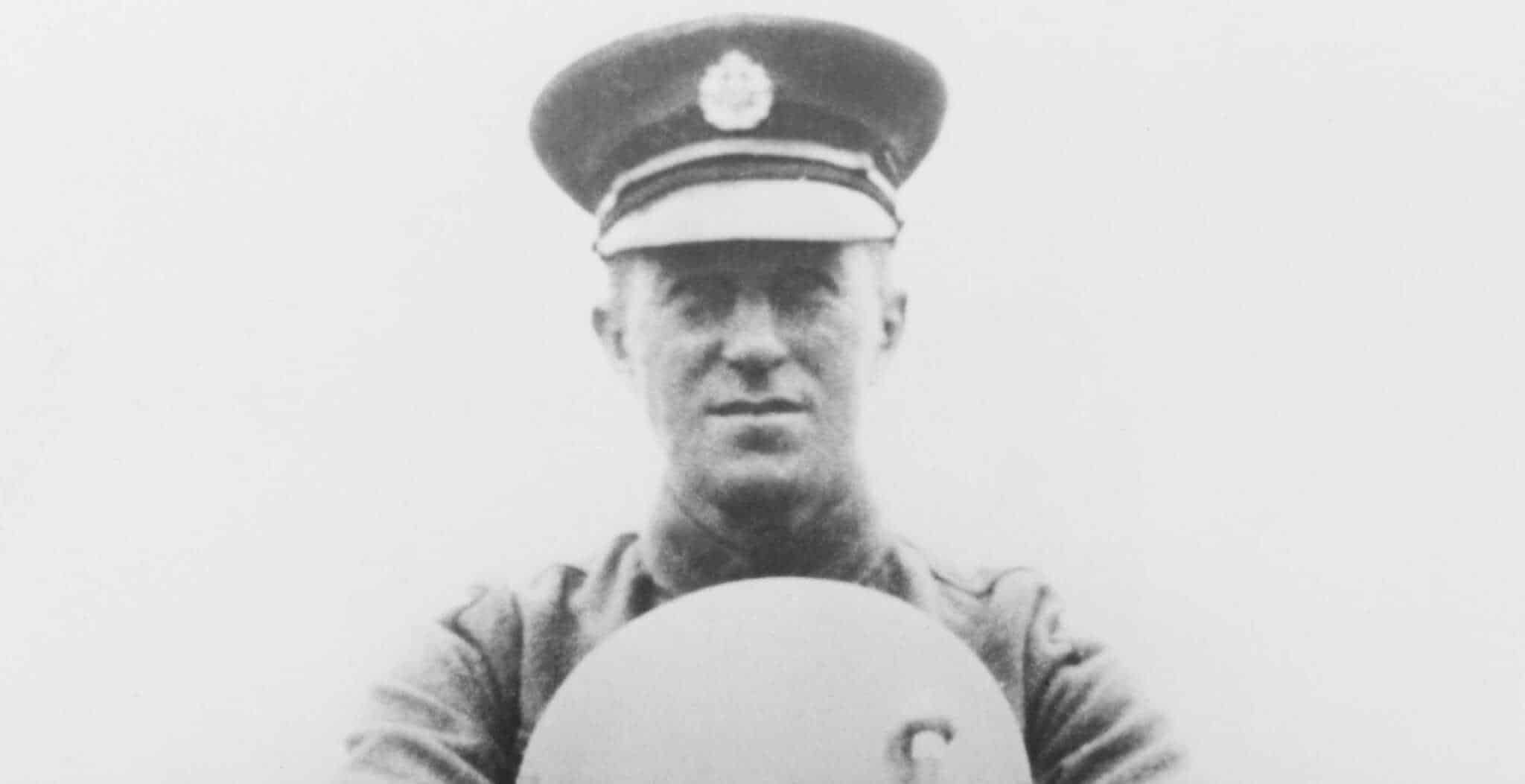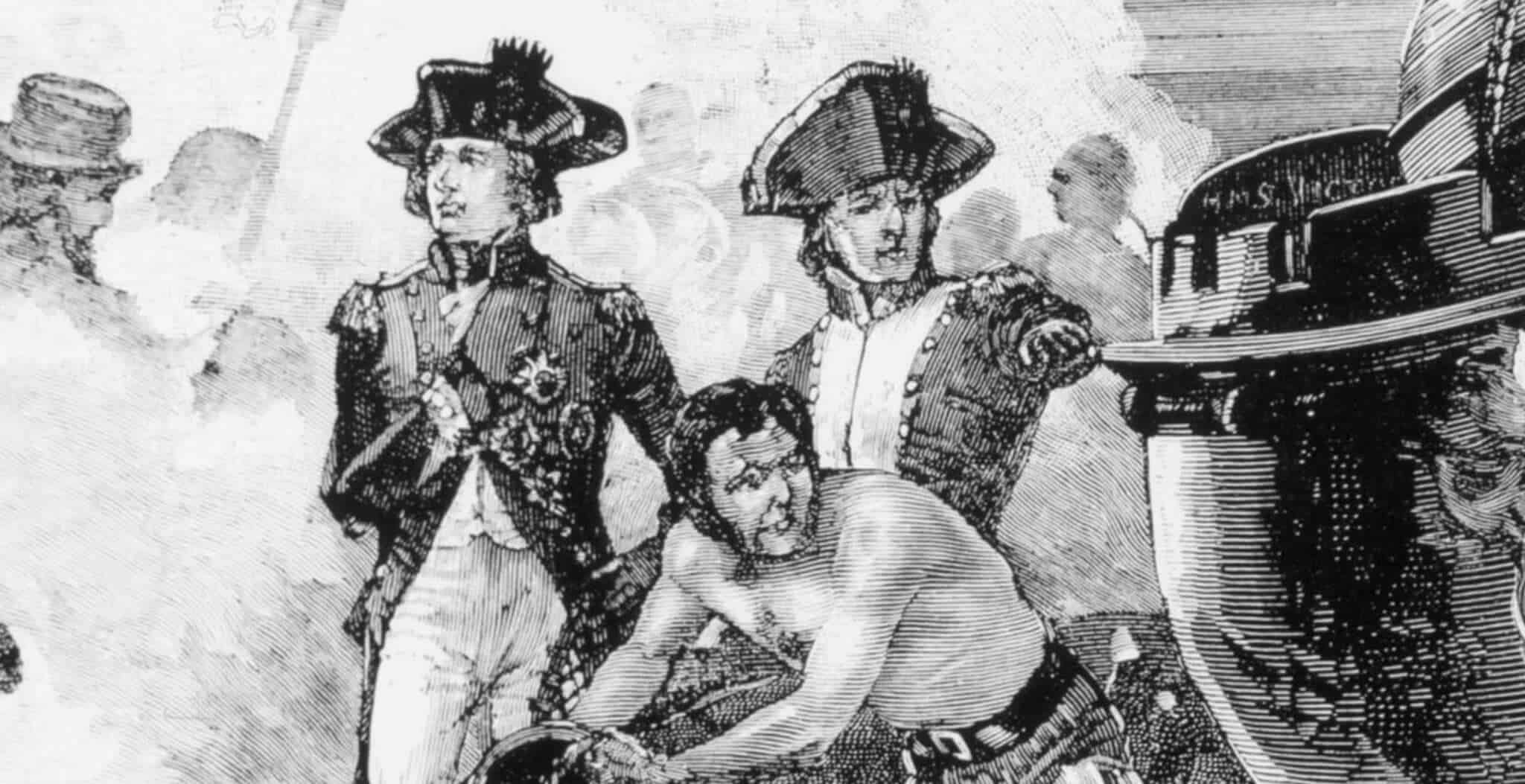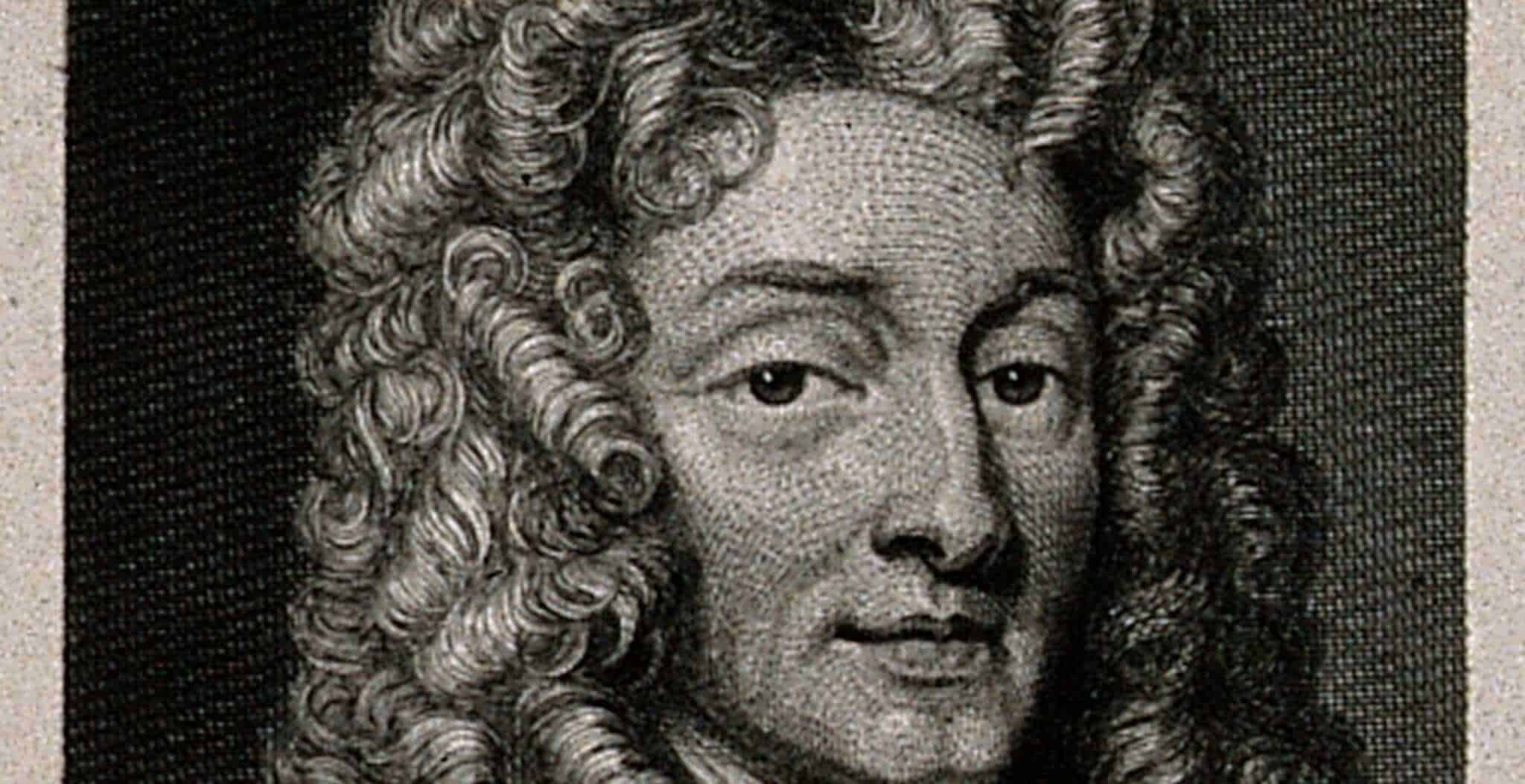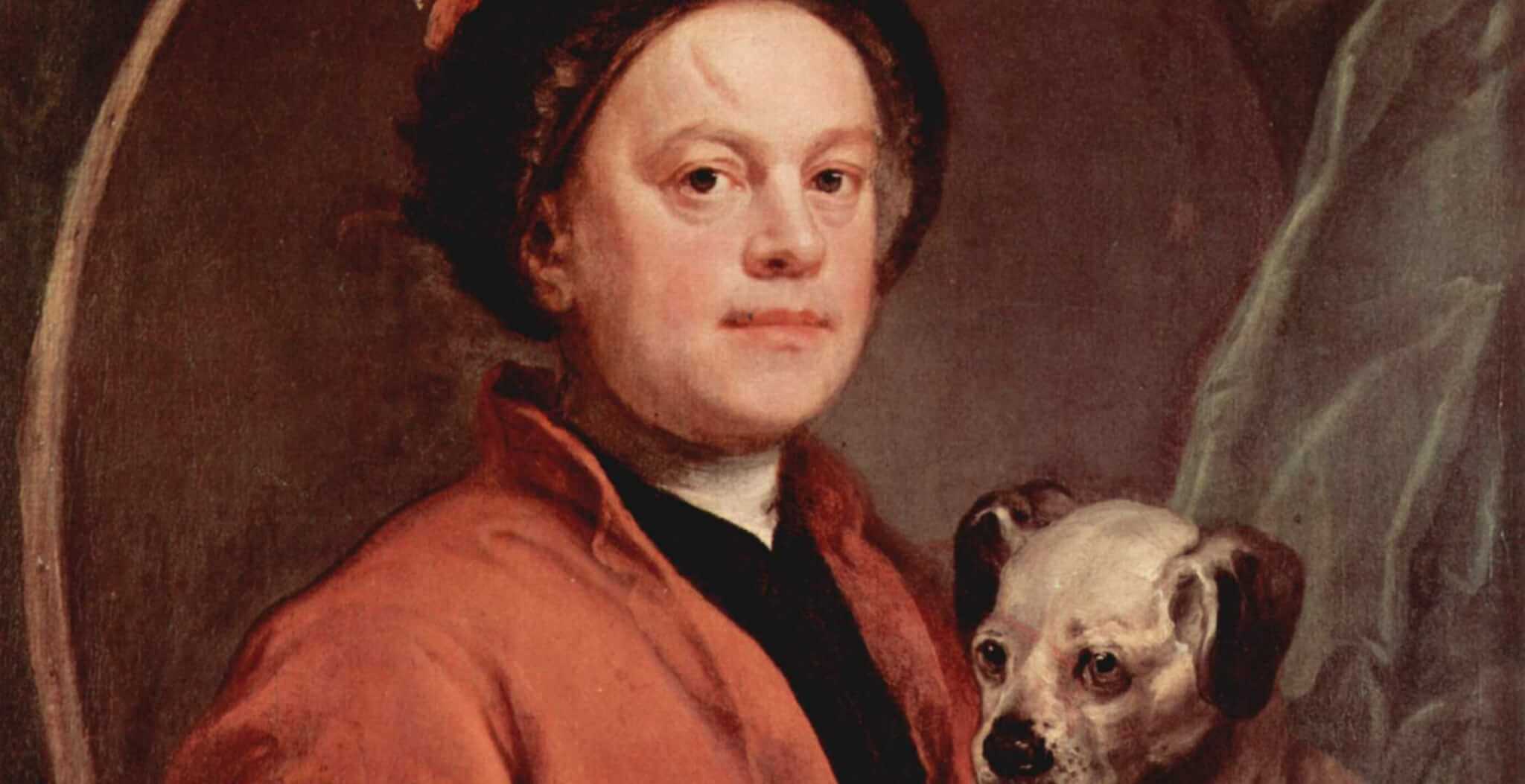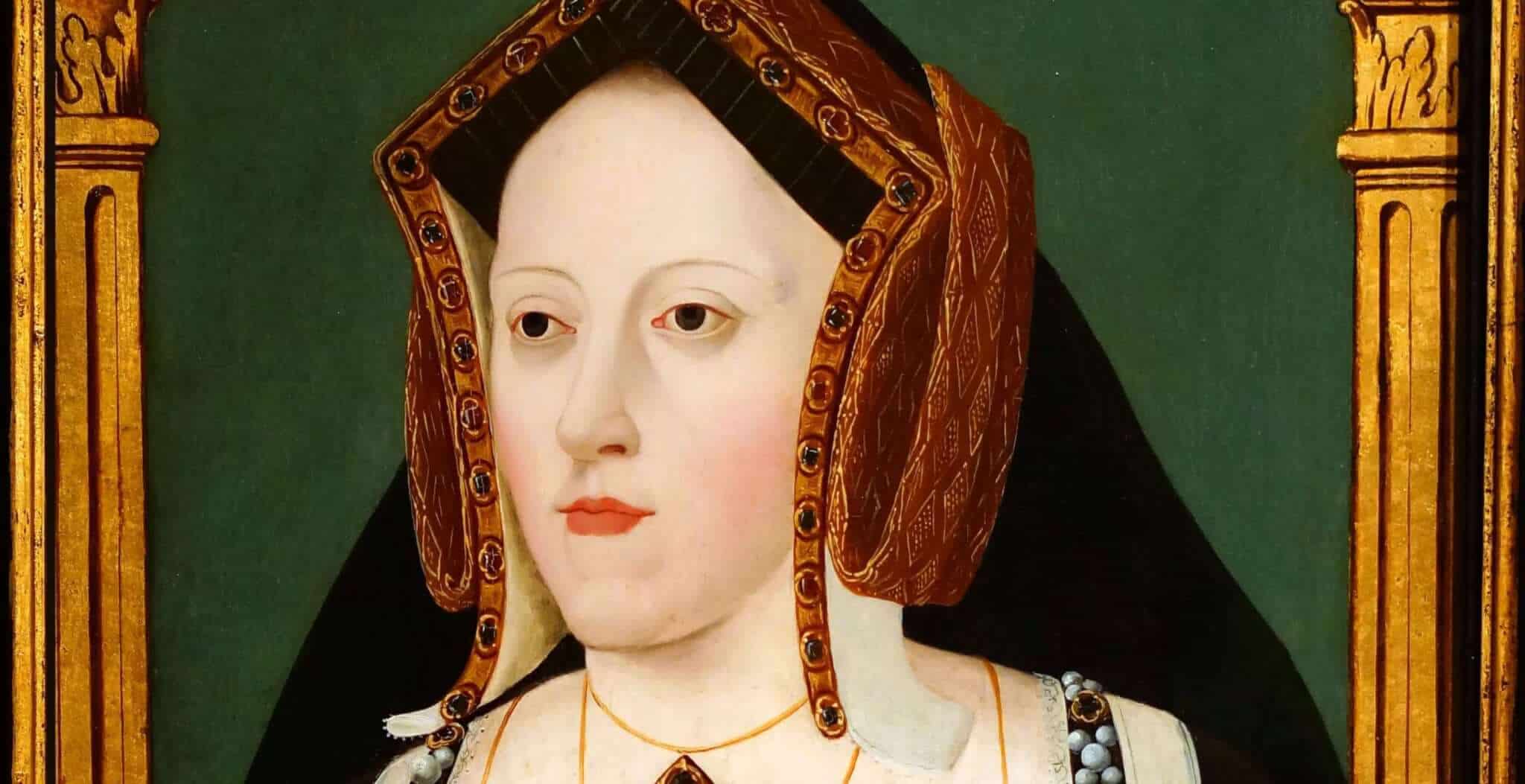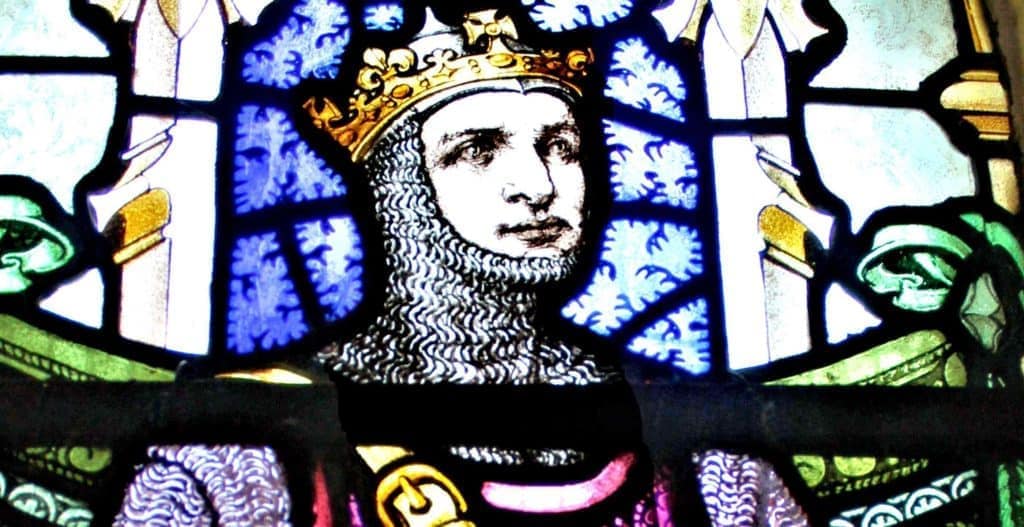Our selection of historic birthdates in June, including George Orwell (pictured above), Frank Whittle and Edward I.
For more historic birthdates remember to follow us on Twitter!
| 1 June. | 1907 | Frank Whittle, Coventry born inventor who developed the jet engine. His engines powered the world’s first jet aircraft, the Gloster E, in May 1941. | |
| 2 June. | 1857 | Sir Edward Elgar, composer, revered each year in the Last Night of the Proms concert with his Enigma Variations and the Pomp and Circumstance march. | |
| 3 June. | 1865 | George V, King of Great Britain, who during World War I abandoned all German titles for himself and his family and changed the name of the royal house from Saxe-Coburg-Gotha to Windsor. | |
| 4 June. | 1738 | George III, King of Great Britain and Ireland, his erratic mental health (porphyria?) and mishandling of the American colonies were responsible for the War of Independence. | |
| 5 June. | 1819 | John Couch Adams, mathematician and astronomer, who shared the discovery of the planet Neptune with the French astronomer Leverrier. | |
| 6 June. | 1868 | Captain Robert Falcon Scott, known as Scott of the Antarctic, explorer whose team reached the South Pole shortly after Norwegian Roald Amundsen on 18 Jan 1912. Scott and his team all perished on the return journey only a few miles from their base camp. | |
| 7 June. | 1761 | John Rennie, Scottish born civil engineer, who built bridges (London, Waterloo, etc), docks (London, Liverpool, Hull, etc.) canals, breakwaters and drained fens. | |
| 8 June. | 1772 | Robert Stevenson, Scottish engineer and builder of lighthouses who developed the now familiar intermittent (flashing) lights. | |
| 9 June. | 1836 | Elizabeth Garrett Anderson, English physician, who after studying privately, pioneered the admission of women to the medical profession. | |
| 10 June. | 1688 | James Francis Edward Stuart, the Old Pretender to the British throne, son of deposed monarch James II and Mary of Modena. | |
| 11 June. | 1776 | John Constable, one of the greatest British landscape artists, who found his inspirations just a few miles from his Suffolk home at Flatford Mill and The Valley Farm. | |
| 12 June. | 1819 | Charles Kingsley, English clergyman and novelist who wrote The Water Babies and Westward Ho! | |
| 13 June. | 1831 | James Clerk Maxwell, Scottish physicist who wrote his first scientific paper at 15, moving on to Cambridge, his work generated many of the basic fundamental laws of electricity and magnetism. | |
| 14 June. | 1809 | Henry Keppel, British admiral of the fleet, who was retained on the active list of the Royal Navy until his death at the tender age of 94. | |
| 15 June. | 1330 | England’s Edward the Black Prince, eldest son of Edward III, gained his name from the black armour he wore in battle. | |
| 16 June. | 1890 | Stan Laurel, English-born comedian who went to the USA to seek fame and fortune, and found both making films with partner Oliver Hardy. | |
| 17 June. | 1239 | Edward I of England, best known for his soldiering in the Crusades, Conquest of Wales, Eleanor Crosses and battles with the Scots, also a more than able administrator who laid the foundations of today’s Parliament. | |
| 18 June. | 1769 | Robert Stewart, later Viscount Castlereagh, Irish born British foreign secretary, who played an important role at the Congress of Vienna which reconstructed Europe after the fall of Napoleon and established the modern system of diplomacy. | |
| 19 June. | 1566 | King James VI of Scotland and the first Stuart king of England and Ireland, son of Mary Queen of Scots and Lord Darnley. | |
| 20 June. | 1906 | Catherine Cookson, prolific English writer, who published more than 90 highly popular novels. Despite little formal education she managed to write her first short story at the age of 11, but her first novel was not published until she was 44. | |
| 21 June. | 1884 | Claude Auchinleck, British field-marshal who served in North Africa during World War II winning the first battle of El Alamein before being replaced by Montgomery. | |
| 22 June. | 1856 | Sir Henry Rider Haggard, novelist best known for his African adventures including King Solomon’s Mines and She. | |
| 23 June. | 1894 | Edward VIII, British monarch who abdicated in order to marry the American divorcee Mrs. Simpson and took the title Duke of Windsor. | |
| 24 June. | 1650 | John Churchill, Duke of Marlborough, English statesman and one of the greatest military strategists in British history – was granted Blenheim mansion in Oxford in recognition of his services by Queen Anne. | |
| 25 June. | 1903 | George Orwell, Indian born English essayist and novelist, whose best known works include Animal Farm and Nineteen Eighty-Four. | |
| 26 June. | 1824 | William Thomson, 1st Baron Kelvin, Belfast born scientist and inventor who developed the absolute temperature scale which takes his name (Kelvin). | |
| 27 June. | 1846 | Charles Stewart Parnell, Irish nationalist leader and politician who led the Home Rule party in the House of Commons. | |
| 28 June. | 1491 | Henry VIII, King of England, famous for his six wives and his rebellion against the Roman Catholic Church – not necessarily in that order though! | |
| 29 June. | 1577 | Sir Peter Paul Rubens, Flemish born artist and diplomat, knighted by King Charles I for his part in a peace settlement between England and Spain in 1630, best remembered for his many colourist paintings. | |
| 30 June. | 1685 | John Gay, poet and playwright best known for the Beggar’s Opera and Polly. | |
